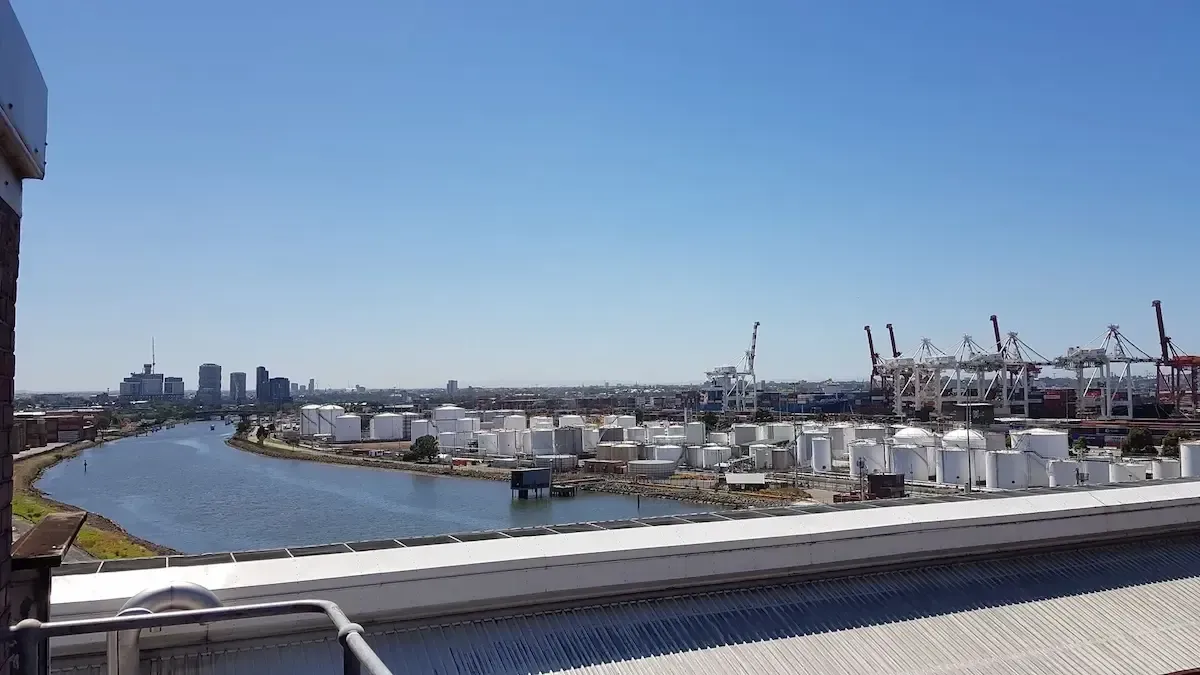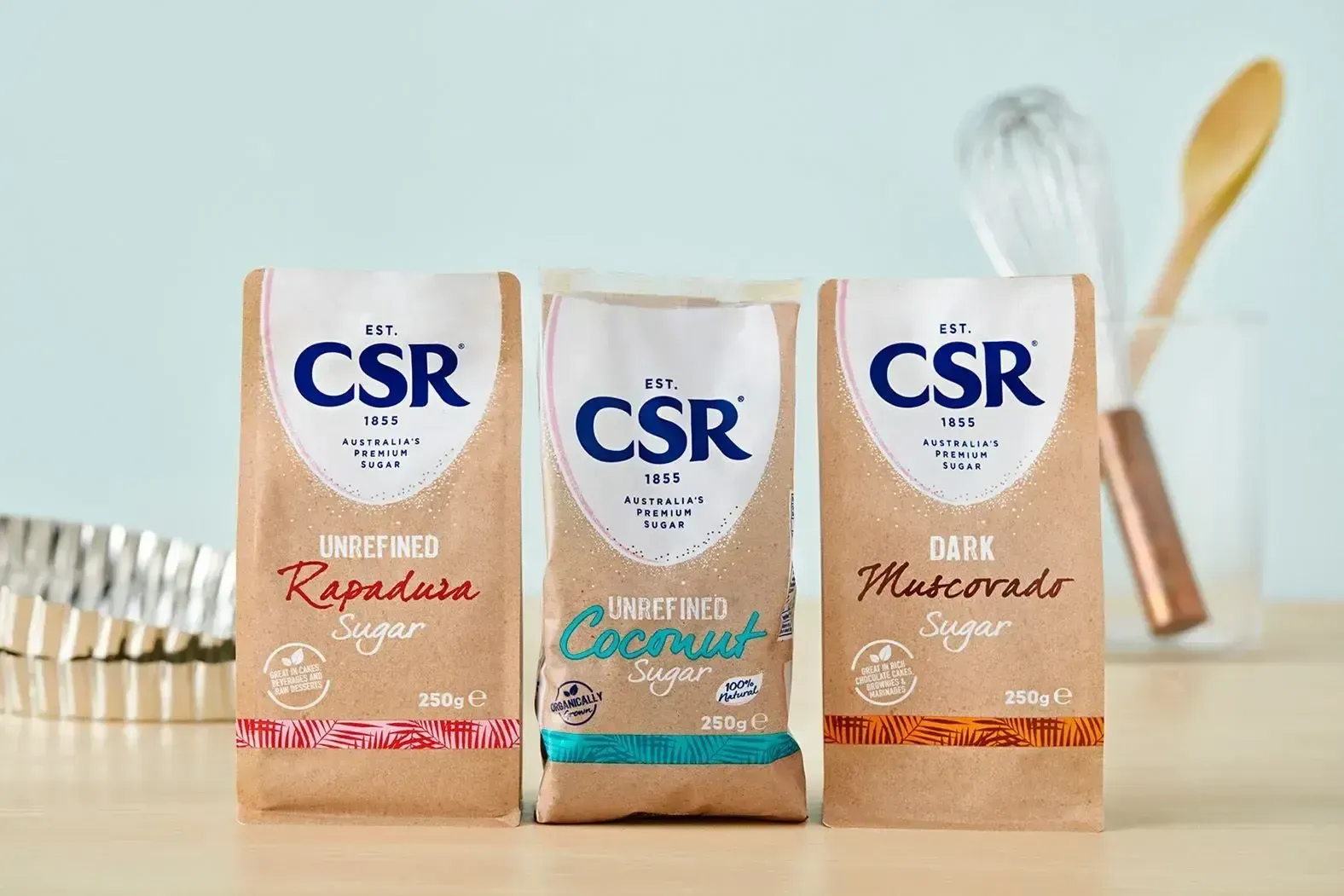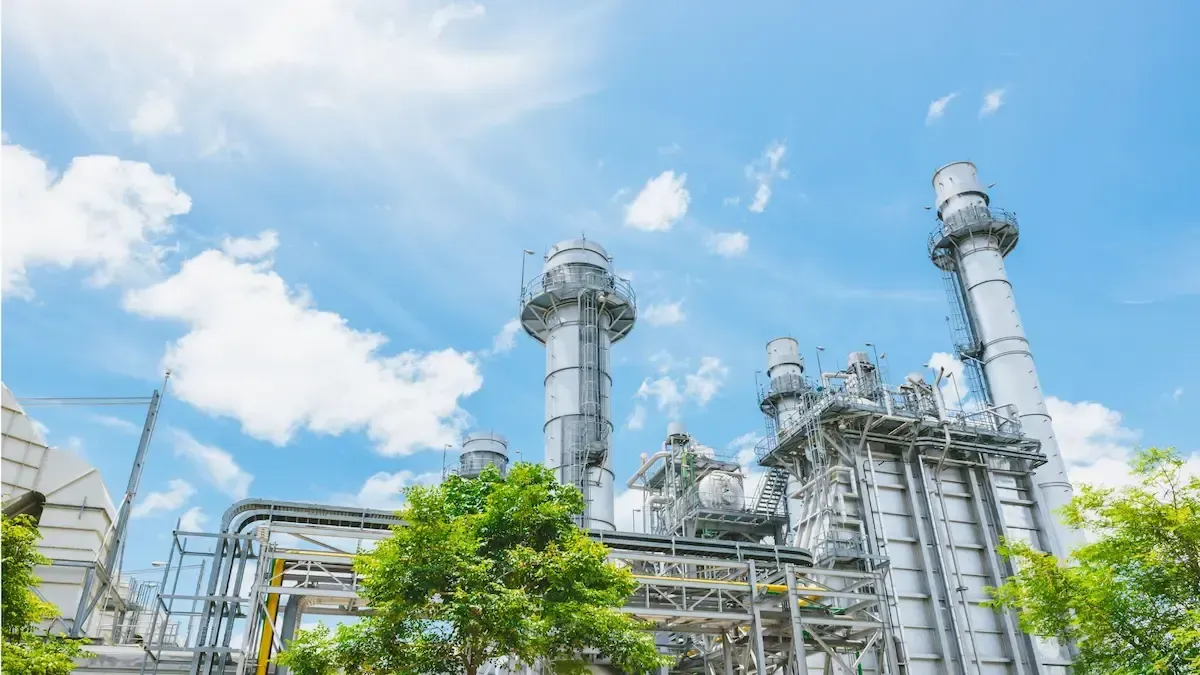Energy Transition Roadmap led by DETA – Sugar Australia
DETA & Sugar Australia - a sustainable transition journey
Seeing the work that DETA delivered for New Zealand Sugar, Sugar Australia approached DETA requesting an Energy Transition Roadmap for their Yarravillie site. Australia Sugar has outlined ambitious carbon emission targets, committing to reducing Scope 1 and 2 emissions intensity (tCO2e/tonne production) by 30% by 2030, compared to a 2020 baseline. Achieving such targets requires careful consideration of pathways for potential emission and energy reductions.
DETA developed the energy roadmap for the Yarraville site by first undertaking a comprehensive analysis of the site’s current energy use and carbon emissions data to develop the baseline. The team then engaged with Australia Sugar in a workshop to gain an understanding of the company’s context and goals. This enabled DETA to focus on solutions that were aligned with the company’s strategy, and which addressed the future needs of the site.
DETA conducted site visits of the facility to assess current performance of energy infrastructure and to review the practical implications of process, energy demand and fuel switching opportunities. The energy roadmap for the site was then delivered, with consideration given to the impact on energy and carbon emissions from
- Imminent, emerging and longer-term process changes
- Recommended demand side initiatives and fuel switching projects
- Assessment of Type II budgetary assessment for all opportunities planned for the next 1-3 years. Assessment of Type I budgetary assessment for opportunities planned in 3+ years.
- Assessment of transition risks and uncertainties, including sensitivity analysis and risk mitigation measures as appropriate.
- Development of levelised cost of energy curve for the site.
- Development of marginal carbon cost abatement curve.

The project was broken up into four primary deliverables.
This delivery involved:
A comprehensive report - detailing the energy consumption and carbon emissions baseline of Yarraville
Specific recommendations - for energy reduction initiatives and efficiency improvements at all operational levels
Energy Transition Roadmap - outlining the steps, actions, and timeline for achieving Yarraville’s carbon neutrality goal
Technology Assessment - identifying opportunities for reducing carbon emissions and improving energy efficiency
The project delivery phase presented some unique challenges to the DETA team. As part of their
decarbonisation services, electrification of site processes was identified as a key option to reduce carbon emissions and enhance sustainability. However, the electricity grid in Victoria is not as green as in New Zealand. As a result, the roadmap also focused on opportunities to reduce electricity usage on site as part of the decarbonisation pathway. Electrification of process heat is viable, but requires renewable electricity procurement to unlock this opportunity.


“Sugar Australia was willing the push the boundaries for how the site could operate in a low-carbon future, while still ensuring high quality and customer satisfaction. The project has provided guidance on forward investment decisions, allowing a clearer path towards net-zero operations.” – Eugene Robinson DETA Senior Engineer.
The Energy Roadmap approach considered current and future planned operations, reviewed demand-side reduction opportunities, supply side opportunities, and considered fuel switching options. The DETA team were able to identify Carbon savings of 34,000 tCO2e/year by 2030, which is a 67% reduction compared to a 2020 baseline.
Customers increasingly care about how their purchasing decisions impact climate change, and Sugar Australia is pro-actively developing a long-term plan for reducing emissions. This could provide a marketing advantage over their competitors, as customers could choose Australian-made sugar with a low carbon footprint.
DETA helped Yarraville to assess and screen a range of different opportunities, then developed this into a viable pathway. The Sugar Australia staff provided strong support and engagement during this process, and DETA helped to distill the various options into a cohesive package.
Through collaborative projects and working with businesses such as Sugar Australia who are also committed to decarbonisation, DETA can work towards achieving our strategic goal of removing 2 million tCO2 emissions every year by 2030. DETA can help you make a positive difference in climate action by providing the support you need to start your decarbonisation journey.





